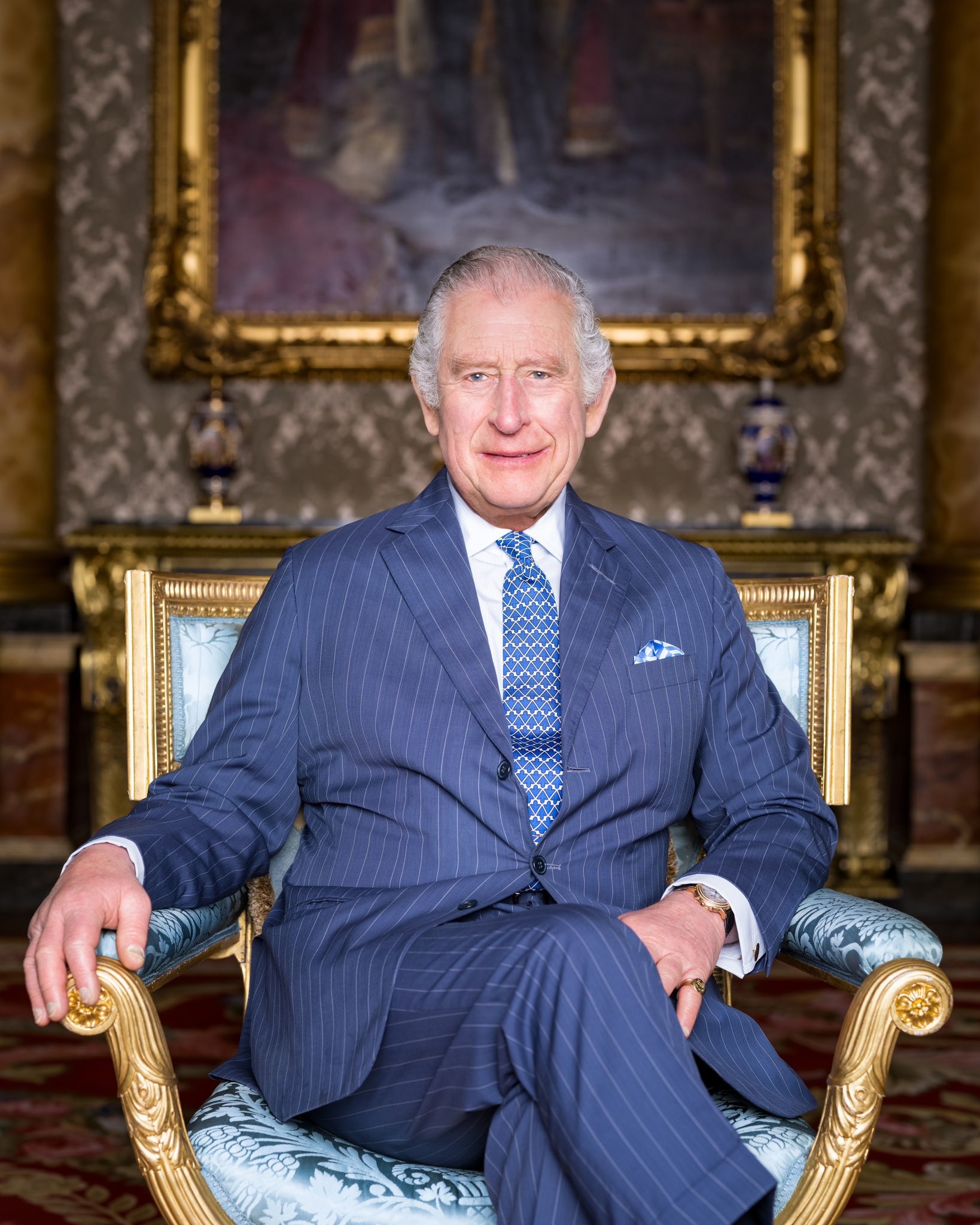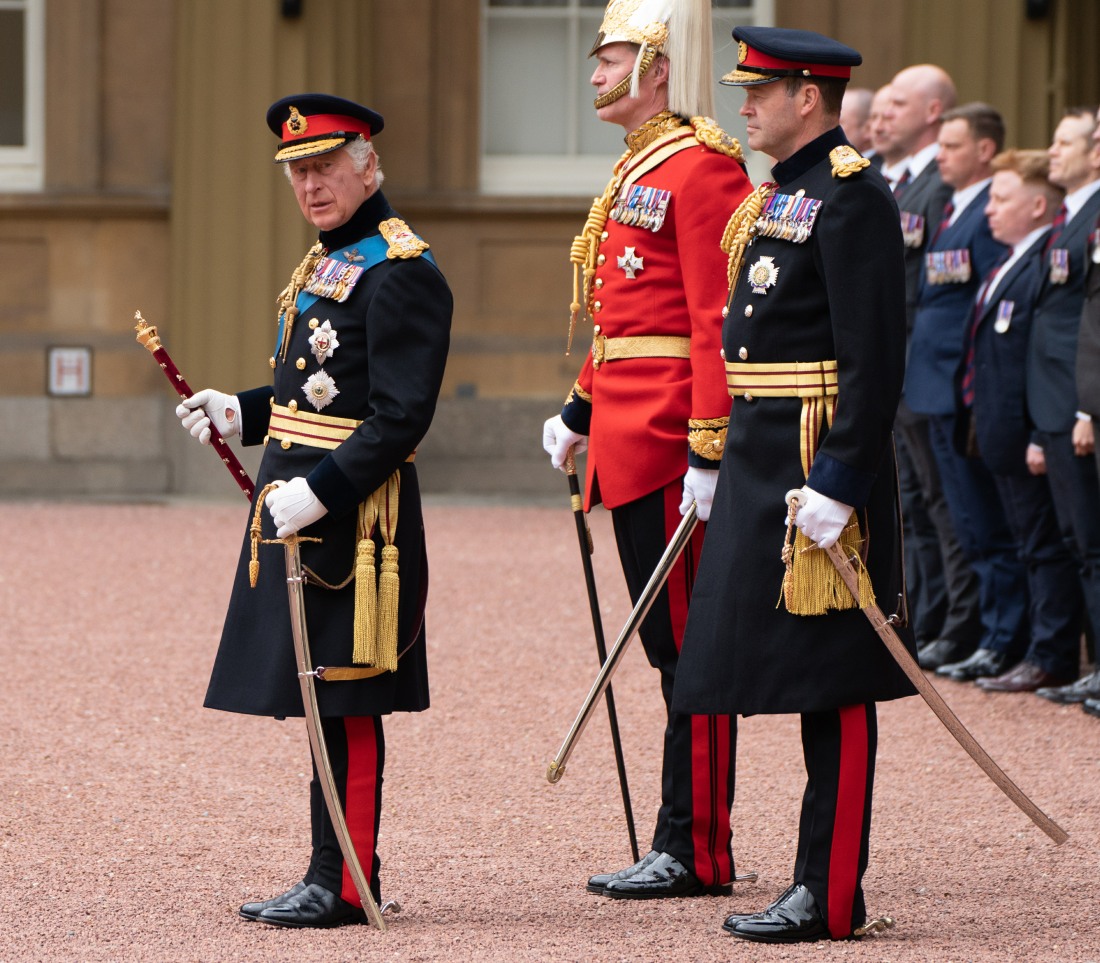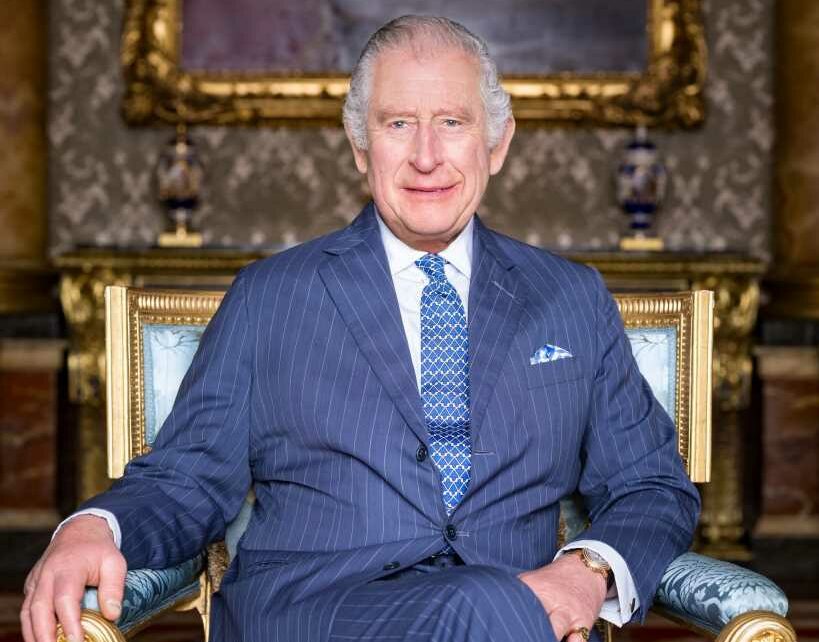
My new favorite thing this week is watching all of the international press outlets go “hey, there’s going to be a coronation on Saturday, we should do a piece about how the British monarchy is in crisis and everyone hates the new king and queen.” Just article after article, column after column, poll after poll of that. Especially in the British commonwealth. Stephen Marche wrote a “view from Canada” of the “absurd” coronation for the Guardian, and I just wanted everyone to enjoy some highlights:
Charles the Third: “Say it out loud and try not to snicker: “The coronation of Charles the Third.” In a time of post-post-colonialism, of anti-racist iconoclasm, a time in which the very notion of gender as a legitimate distinction is contested, and Christianity has been reduced to a scandal management system with costumes, a 74-year-old British gentleman will ride a fancy carriage to an old church where a few other elderly British gentlemen in gilded dresses will declare him emperor, patriarch and head of state because God says so.
An unpopular event: The coronation cannot be described as a popular event. In April, various polls gauging the public mood around Charles’s ascension found that only 15% of the British population were “very interested” in the coronation. In Canada, where I live, the majority of citizens are in favor of severing ties with the monarchy altogether (up to 70% in Quebec). The crown itself seems embarrassed by all the fuss. The coronation ceremony has been curtailed, and will last a little over an hour, we’re promised, as opposed to the three hours allotted for Queen Elizabeth II.
The economy: For Canada, the absurdity of the coronation is basic: we are not a British colony, but we have a British king. For the British, the national pride supposed to underlie a coronation has been exposed and harried: UK GDP cut by 4%, a lost £100bn a year in output, the pound losing a fifth of its value, all since Brexit. It’s hard to celebrate when inflation is at 10.1% and the Bank of England has to raise interest rates again, especially when it costs £100bn.
The vanity of the British people: As of April, only 34% of Britons still believe that Brexit was the correct decision. And underlying the recognition of their error is a dawning realization of the failure at its root: the British people – not the press, not the politicians – failed to understand their place in the world. Nostalgia and vanity, and ultimately self-deceit, led them into a calamity which seems, at the moment, impossible to recover from.
A preposterous king: This week, on his fancy carriage ride, Charles will be surrounded by many preposterous objects. He’ll be holding the world’s largest diamond on the end of a stick. He’ll be wearing a hat with a ruby that Henry V wore into battle. He’ll be sitting on a chair over the Stone of Destiny, a stone English kings stole from the Scots almost a millennium ago. The real absurdity will be deeper, for both Canada and Britain. Charles is a symptom of twin identity crises: the man represents us, but it’s hard to think of anyone less representative. I mean, it’s all fun and games, but his face is going to be printed on my money.
[From The Guardian]
I love this line: “the British people – not the press, not the politicians – failed to understand their place in the world. Nostalgia and vanity, and ultimately self-deceit, led them into a calamity which seems, at the moment, impossible to recover from.” I keep thinking about just that, while it’s easy and convenient to blame the reactionary right-wing British press machinery for causing all of this, the fact is that the British public has gotten it wrong. It’s the icky little truth which everyone tries to ignore. Hannah Rose Woods wrote a guest column for the New York Times which included this too:
Britain in 2023 is a country on the edge of Europe that is grappling with its imperial past and confronting an uncertain future. Since the Brexit campaign in 2016, invoking the “greatness” of Britain’s history — by name-dropping the Battle of Agincourt or Winston Churchill, for example — has become rote for politicians on the right who want to articulate a vision of Britain’s future outside of Europe. And, perhaps precisely because Britain’s future outside of Europe seems to rest so much on its past, there is an increasingly hard and humorless edge to conversations about British history: a patriotism that will admit no criticism. Attempts to re-examine Britain’s imperial history have been dismissed as “trying to do Britain down,” promoting “a woke agenda” or “cringing embarrassment about our history.”
But this slimmed-down coronation is still set to cost the British taxpayer millions — though the exact figure will not be made public until after the event, it is reported to be around $125 million. For many, that the coronation is happening at all is a sign of a country in denial and clinging to past grandeur. For others, any concession to the present is too much to bear.
[From The NY Times]
It’s like a international therapy session, really. About a populace’s collective denial about what is really happening to them and what all of this actually looks like to the rest of the world. Woods is absolutely right about the way British people speak and think about their country’s history too, which is also something America is grappling with. Although, to America’s credit, we’re having a lively national debate about our history and Black history. Is the UK having a similar national conversation?

Photos courtesy of Cover Images, Instar, Buckingham Palace.
Source: Read Full Article

